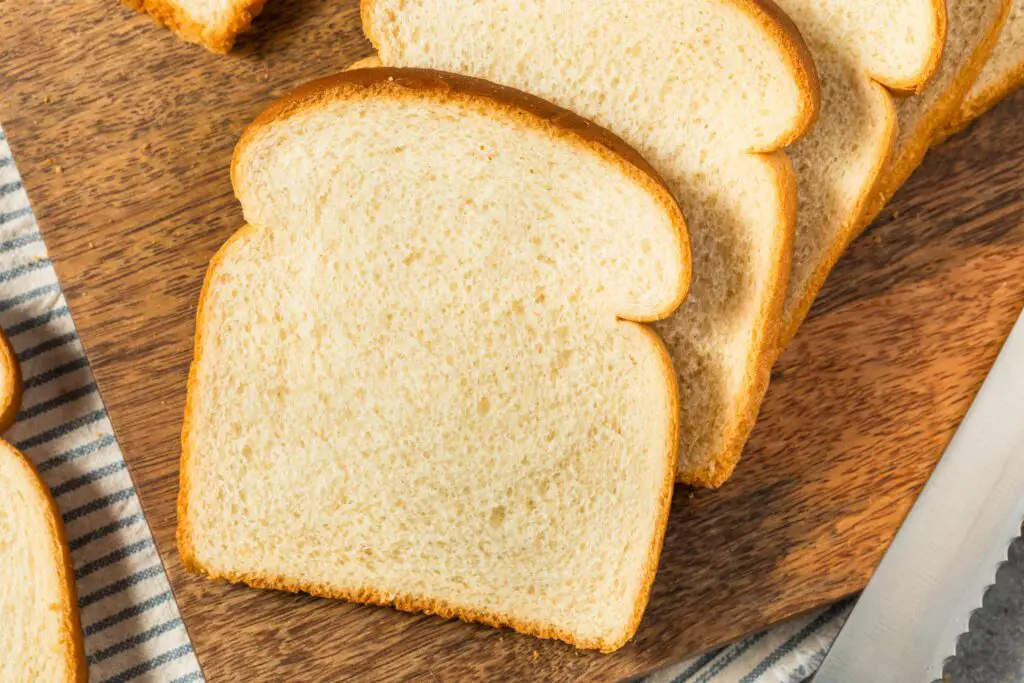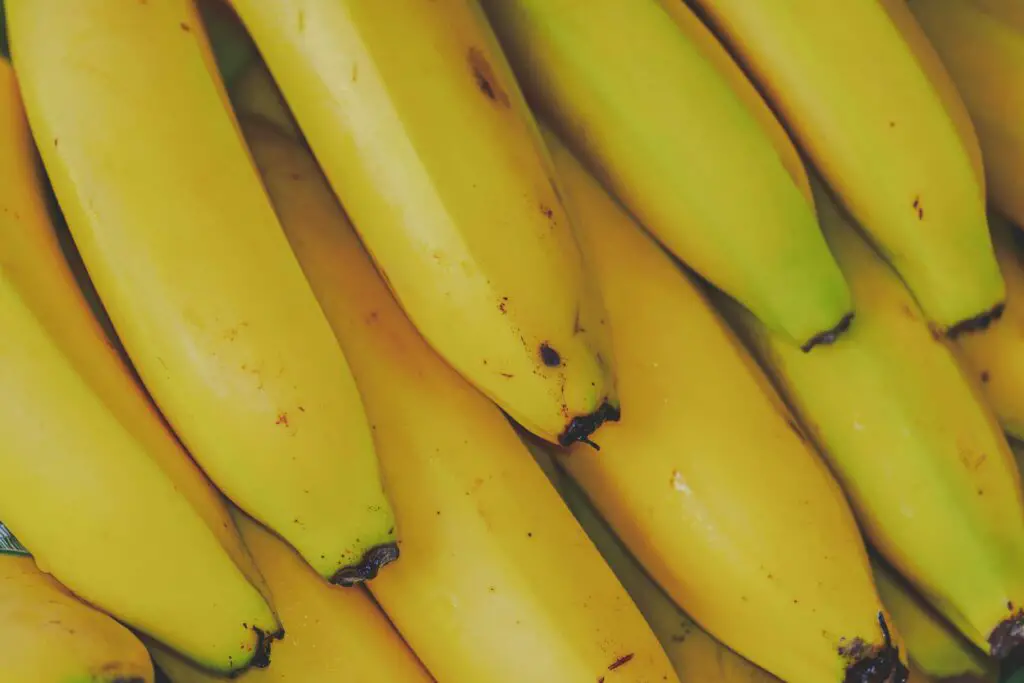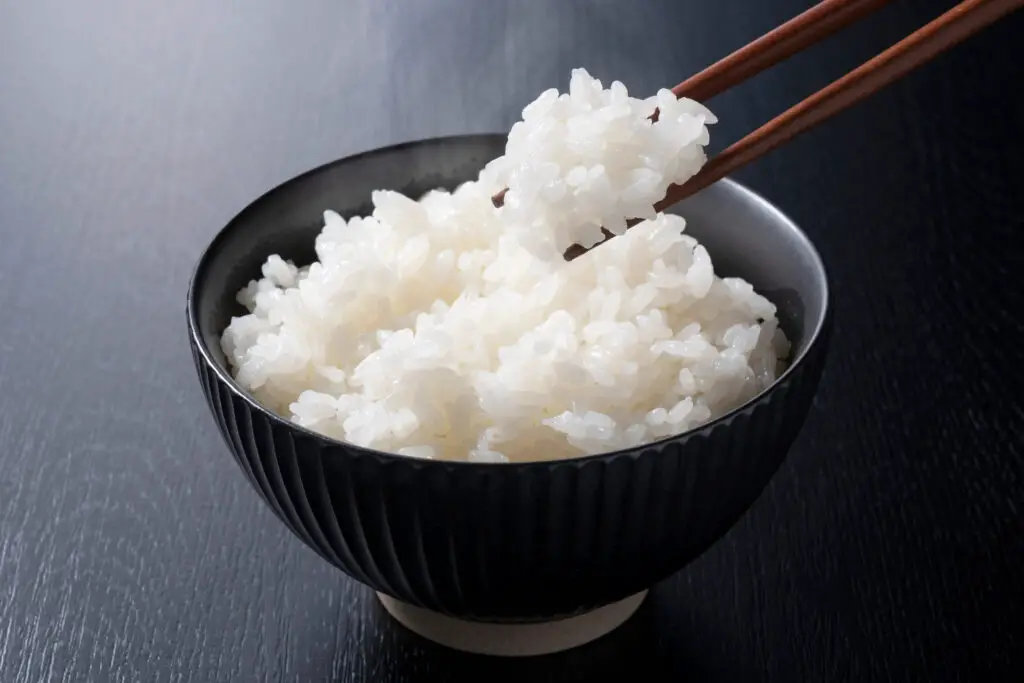1. Don’t Whistle at Night in Japan—You Might Invite a Snake

In Japan, there’s a long-standing superstition that whistling at night could summon snakes—or even invite evil spirits into your home. The story has its roots in folklore, where serpents were sometimes believed to turn into thieves or malevolent forces. Over time, this belief led to a quiet understanding: nighttime is no time to make noise, especially while preparing or eating dinner.
Because of this, meals in many traditional Japanese households are still enjoyed in a peaceful, mindful way. You won’t hear much loud conversation or singing during dinner, especially among the older generation. And while the superstition might seem outdated, many people still avoid any form of whistling near food out of habit. It’s less about fear now and more about preserving respect for tradition and creating a calm mealtime atmosphere.
2. Bread Upside Down Is Bad Luck in France

In France, placing a loaf of bread upside down on the table is said to bring bad luck. This superstition dates back to medieval times when executioners were given special treatment—including having their bread set aside for them. Bakers would flip their loaves upside down to signal they were reserved, which eventually became associated with death.
Even today, you’ll see people instinctively flipping a loaf right side up if it’s set down wrong. In French homes and bakeries, it’s taken seriously enough that some people genuinely feel uneasy if they see bread lying the “wrong” way. The idea is that bread should be respected, not only as a food staple but also as something deeply tied to community and history. So don’t be surprised if someone politely corrects your bread etiquette next time you’re dining in France.
3. No Bananas on a Fishing Boat in the Caribbean

If you’re fishing in the Caribbean—or even just hanging around a dock—you might get some serious side-eye for bringing bananas on board. The superstition stems from the 1700s, when banana-laden ships were often the ones that met unfortunate fates at sea. Whether it was because the fruit spoiled quickly, attracted pests, or simply coincided with bad luck, bananas got a bad reputation.
Today, many fishermen still won’t allow bananas anywhere near their gear. Some go so far as to avoid banana-scented products, banana bread, or even banana-flavored candy. It’s become part of a ritual to “cleanse” the boat of any banana-related items before setting sail. Whether or not the curse is real, the belief is strong enough to still shape what’s allowed onboard.
4. Cutting Noodles Brings Bad Luck in China

In Chinese culture, long noodles symbolize a long life—so cutting them is considered terribly unlucky. During birthdays, Lunar New Year, or other big celebrations, people go out of their way to cook and eat noodles without breaking them. It’s one of those quiet rules that carries a lot of weight, especially with elders watching.
Even in modern times, you’ll see people struggling to slurp up a particularly long noodle rather than cut it short. Restaurants that serve longevity noodles often include a note encouraging guests not to chop them. It’s a superstition wrapped in symbolism and tradition, reinforcing the idea that food isn’t just fuel—it’s a connection to deeper hopes and blessings. So if you’re offered a bowl, just keep slurping.
5. Eating Grapes at Midnight in Spain for Good Luck

In Spain, one of the most beloved New Year’s Eve traditions is eating twelve grapes at the stroke of midnight—one for each bell toll. The superstition says that if you manage to eat them all in time, you’ll have good luck for each of the twelve months ahead. It’s a fun but frantic way to start the year, and every grocery store sells special bundles of grapes just for the occasion.
People will even peel and pit the grapes ahead of time to make sure they can swallow them quickly enough. Entire families gather around the TV to watch the countdown together with grapes in hand, and it’s not uncommon to see people laughing and choking as they try to keep up. The tradition has even spread to other Spanish-speaking countries, becoming a tasty and hopeful ritual to kick off the year right.
6. Don’t Hand Food Directly Chopstick-to-Chopstick in Japan

If you’re eating with chopsticks in Japan, there’s a major faux pas you’ll want to avoid—passing food directly from your chopsticks to someone else’s. This gesture strongly resembles a funeral ritual where bones of the deceased are passed in the same way. Because of that, it’s seen as highly unlucky and disrespectful at the dinner table.
Instead, if you want to share food, you’re supposed to place it on a plate for the other person to pick up. It’s one of those subtle but serious customs that still shapes how meals are shared today. People unfamiliar with the culture may do it innocently, but you’ll likely get a gentle correction if you do. For those who grew up with the tradition, it’s a small but important way of showing reverence—both for the food and for the people you’re eating with.
7. Don’t Eat Goat Meat If You’re a Student in East Africa

In parts of East Africa, particularly among the Swahili-speaking communities, there’s a belief that students should avoid eating goat meat while in school. The superstition claims it can make you forgetful, which is obviously not ideal when you’re trying to pass exams. Some say it affects memory, others say it causes laziness—but either way, many students skip it altogether.
Families may even prepare separate meals for their kids during exam season to avoid any potential slip-ups. It’s a cultural belief that’s passed down with just enough seriousness that many still follow it today, even if they don’t fully believe it. Whether or not goat meat affects memory, it’s a clear example of how tradition and food choices still go hand in hand.
